Have you ever caught your cat staring out the window as you grab your keys, their eyes wide and expectant? That moment tugs at your heartstrings. Many cat lovers wonder: if your work-from-home schedule changes and you’re away more, does your furry friend feel lonely? As routines shift, it’s natural to worry about the emotional world of your feline companion. Let’s unravel the surprising truth about cats, loneliness, and how changing work habits can impact your cat’s happiness.
Cats: Social or Solitary by Nature?
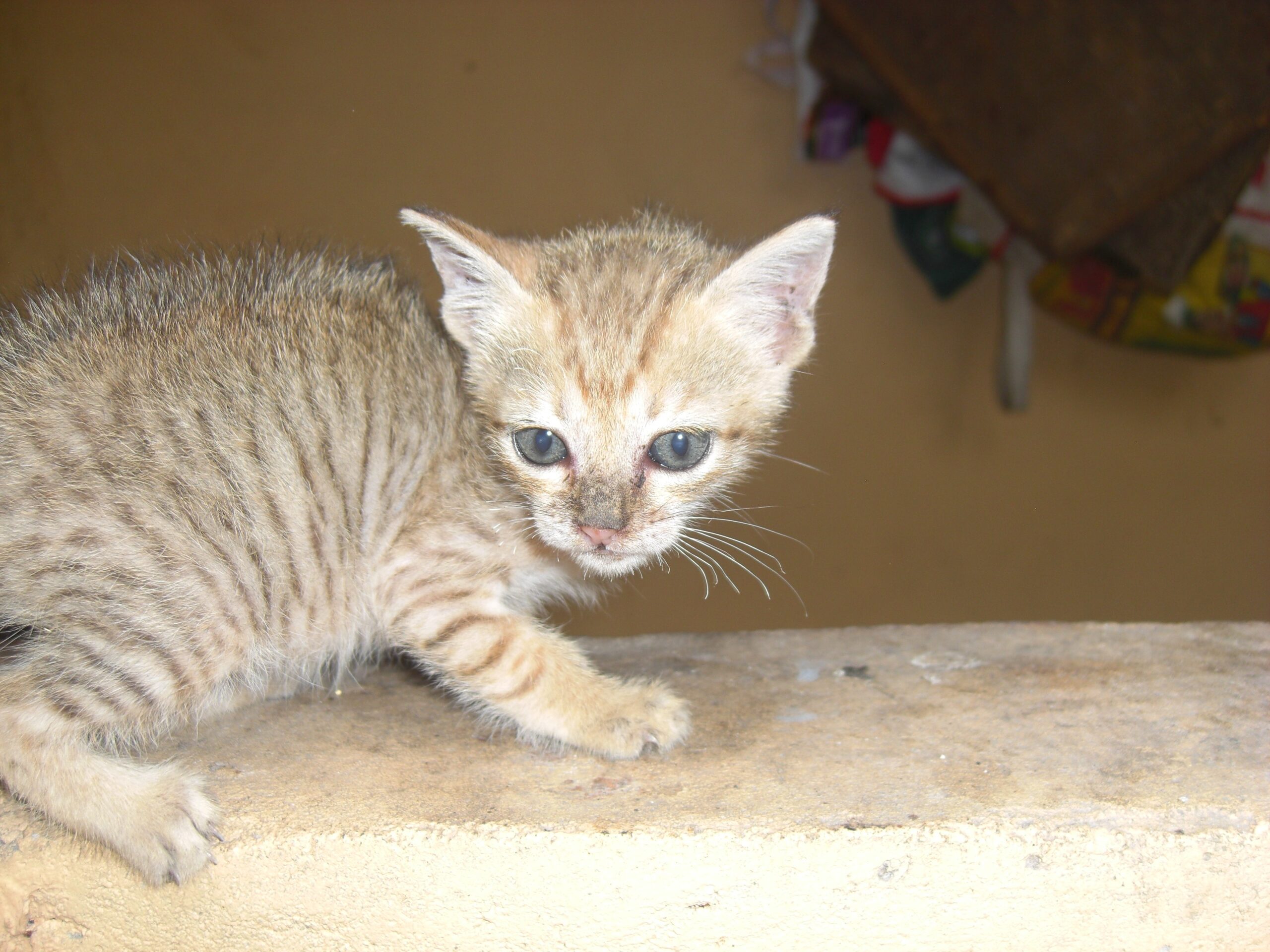
Most people imagine cats as independent creatures, strolling through life on their own terms. While it’s true that cats have a reputation for being solitary, recent studies show they’re more social than we once believed. Many cats form deep bonds with their humans and even other pets. Some even follow their owners from room to room, seeking comfort and connection. When you spend less time at home, your cat may genuinely miss your presence. It’s a bit like when a friend stops calling as often—suddenly, the silence feels deafening. So, while they can cope alone, cats often do crave companionship.
Changes in Routine: Why Cats Notice More Than You Think
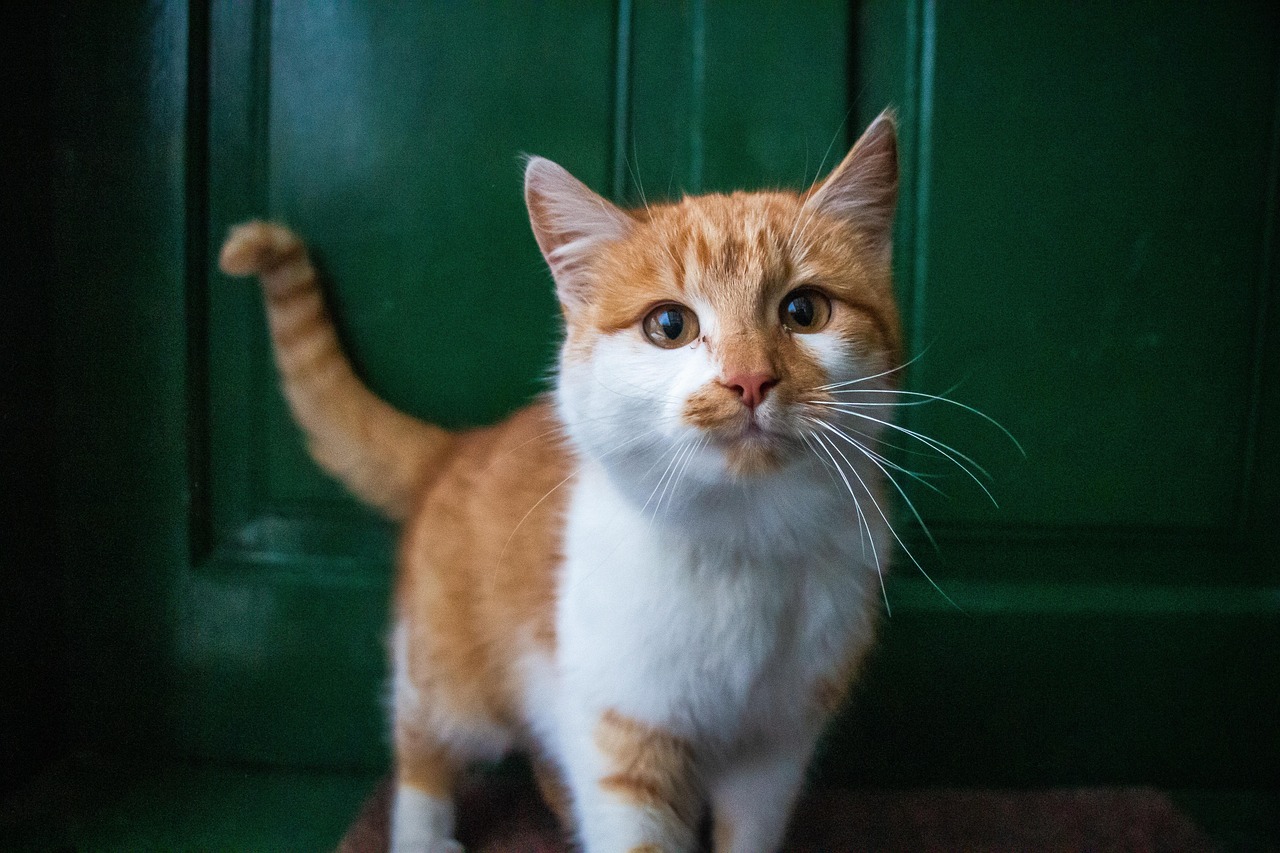
Cats are creatures of habit—they love a predictable schedule. When you suddenly leave for work more often, your cat quickly picks up on the change. They might watch the door, wait at the window, or even meow more when you return. Imagine if your favorite person stopped showing up for your daily coffee date; you’d notice, and so does your cat. These adjustments can leave your feline feeling confused and unsure, making them more sensitive to your absences.
Recognizing Signs of Feline Loneliness

How do you know if your cat is feeling lonely? Look for subtle shifts in their behavior. A lonely cat might sleep more, eat less, or stop playing with their favorite toys. Some become extra clingy when you’re home, while others hide away. You might even notice excessive grooming or scratching at doors. If your once playful kitty seems less interested in life, loneliness could be the culprit. Paying attention to these small changes can help you catch loneliness early and support your furry friend.
The Myth of the “Aloof Cat”

For years, popular culture painted cats as aloof, almost cold. But anyone who’s shared a couch with a purring feline knows better. Cats may not always show affection the way dogs do, but they have their own ways: a slow blink, a gentle headbutt, or curling up on your lap. When you’re gone more often, your cat may feel that loss deeply. The myth of the solitary cat does a disservice to these complex creatures, making it easy to overlook their emotional needs.
Why Some Cats Feel Lonelier Than Others

Not every cat reacts the same way to change. Some are fiercely independent and relish quiet, while others are more sensitive and crave constant company. Breed, age, and past experiences all play a role. A kitten or rescue cat, for example, might be more prone to separation anxiety. Older cats used to your presence may also struggle with the sudden shift. Just like people, every cat has a unique personality. Understanding your cat’s temperament helps you predict how they’ll handle your new schedule.
How Playtime Changes When You’re Away

Play is a huge part of a cat’s happiness. When you’re working from home, you might toss a toy mouse across the floor between emails or dangle a feather wand during lunch. If you’re gone more, those playful moments disappear, and your cat can get bored. Without enough stimulation, even the most independent feline might start acting out—scratching furniture or getting into mischief. It’s like leaving a kid in a room with nothing to do; eventually, they’ll find trouble. Keeping playtime alive, even if you’re busier, is key to a happy cat.
Separation Anxiety Isn’t Just a Dog Thing

Separation anxiety is often linked to dogs, but cats can suffer too. A cat with separation anxiety might vocalize loudly when you leave, refuse to eat, or eliminate outside the litter box. Some even chew on their fur or obsessively lick themselves. These behaviors aren’t just quirky—they’re cries for help. If your cat’s anxiety spikes when you’re gone, it’s important to recognize the signs. Addressing their emotional needs can prevent more serious issues down the line.
Building a Safe, Comforting Environment

A cozy environment can make all the difference for a lonely cat. Think soft blankets, sunny perches, and quiet hideaways. When your schedule shifts, making your home feel safe and comforting helps your cat adjust. You could leave a piece of clothing with your scent out, or play calming music. These small touches act like a warm hug, reminding your cat they’re loved, even when you’re away. Creating a haven for your feline can ease the sting of loneliness.
The Power of Scent: Staying Close While You’re Gone
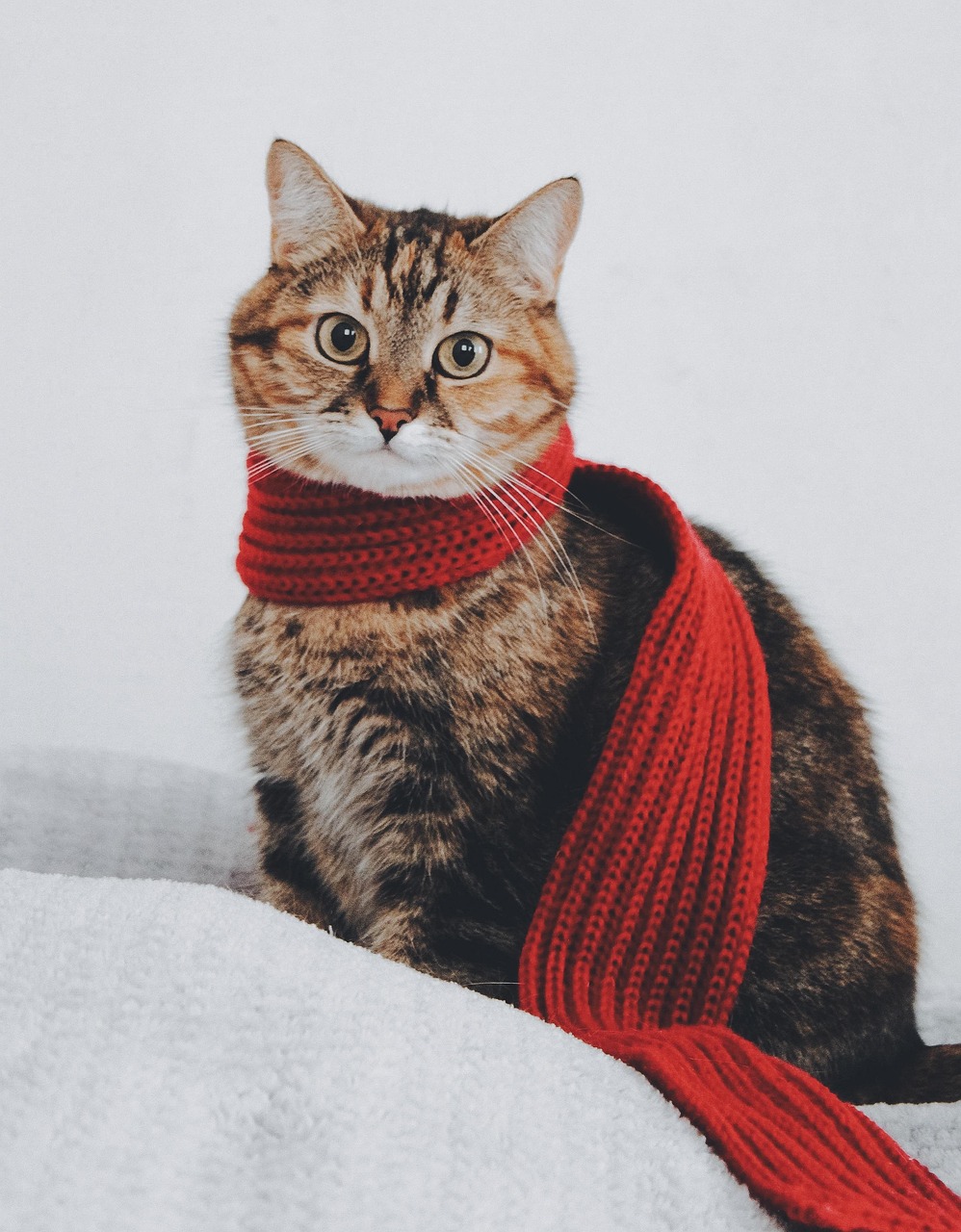
Cats live in a world of scent. Your smell is familiar and soothing, like a favorite memory. Leaving behind a worn T-shirt or pillowcase can help bridge the gap when you’re not home. Your cat might knead, curl up on, or even nuzzle these items, finding comfort in your lingering scent. It’s almost as if you left a little bit of yourself behind, keeping their anxiety at bay. Scent is a powerful tool for maintaining connection, even from a distance.
Enrichment Toys: Keeping Minds Busy
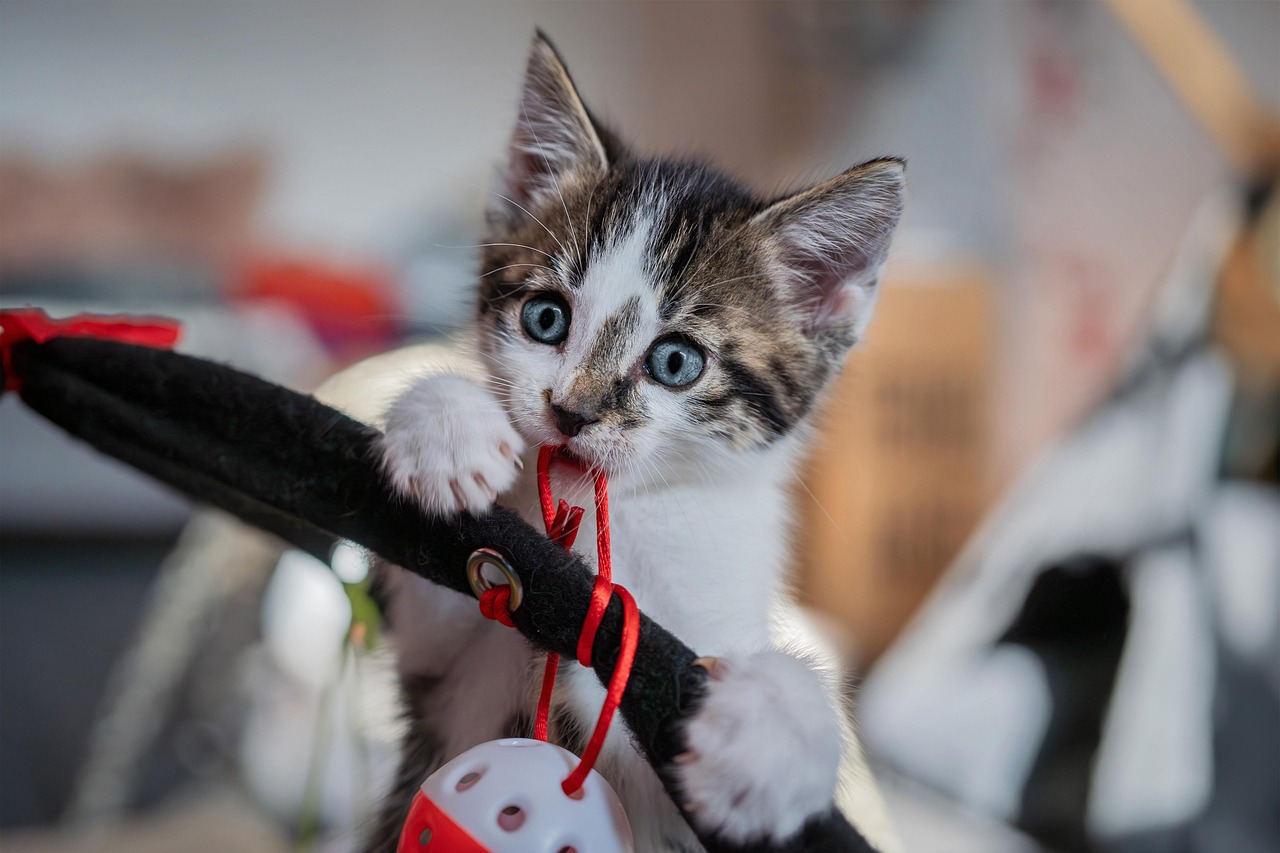
Interactive toys and puzzle feeders can be a game-changer for lonely cats. These gadgets challenge your cat’s brain, turning alone time into fun time. Think of them as mental gymnastics—keeping boredom (and loneliness) at bay. Automatic laser toys, treat-dispensing balls, or even a cardboard box can offer hours of entertainment. When your cat has something to do, they’re less likely to dwell on your absence.
Windows: The Cat’s TV
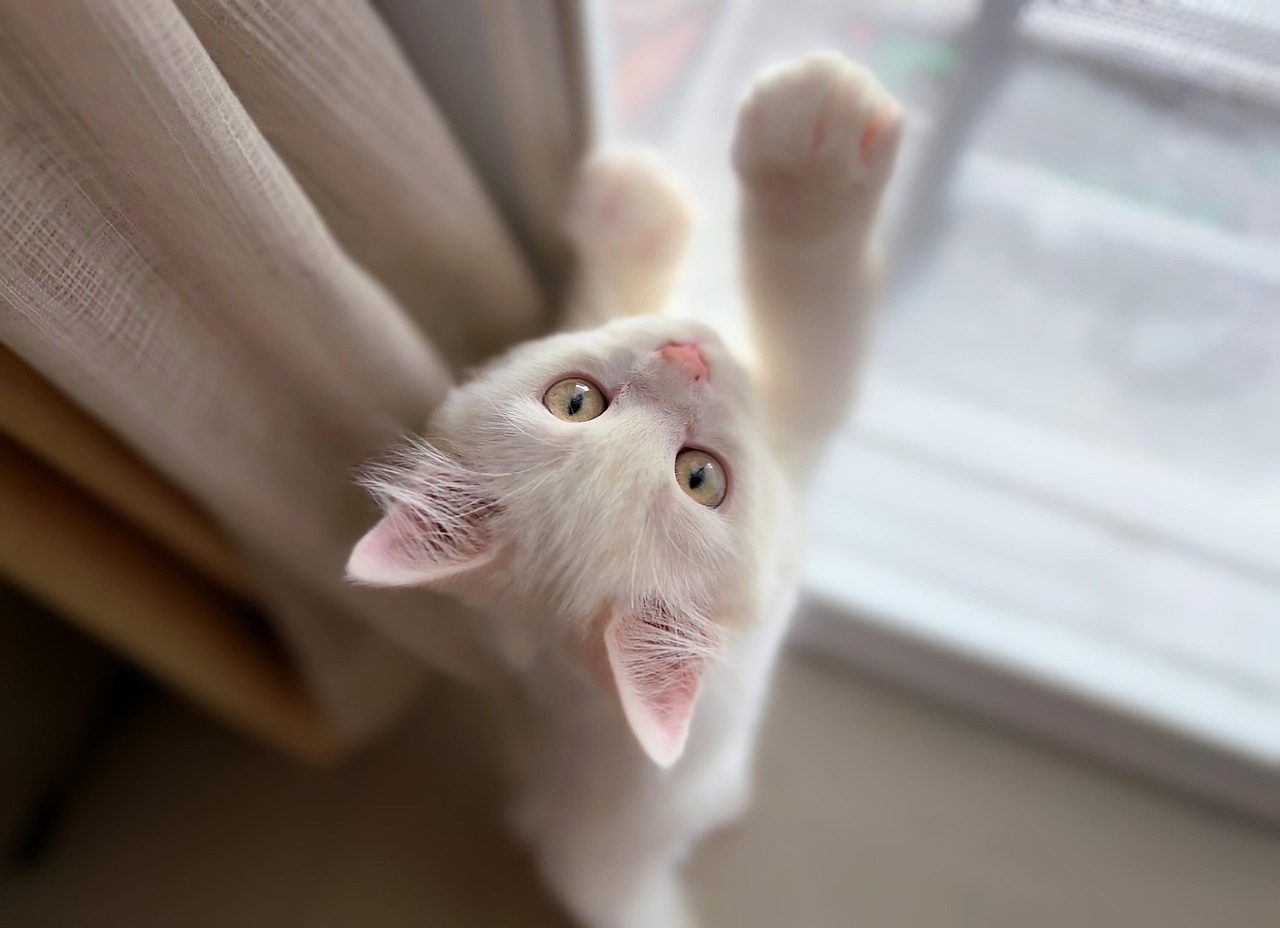
A window perch is pure gold for a house cat. Watching birds, squirrels, or just the world go by is endlessly fascinating for felines. Setting up a comfy spot by a sunny window is like installing a giant TV for your cat. You might be at work, but your cat’s day can be full of excitement and new sights. Sometimes, a simple view can transform a lonely day into an adventure.
Music and Sounds: Filling the Silence

Silence can make a home feel empty for a cat used to your voice. Some cat owners play music or leave the TV on to fill the quiet. Special playlists with calming music or nature sounds are available just for pets. These background noises can soothe nerves and help your cat feel less alone. It’s like leaving a light on when you’re away—comforting and familiar.
Cat Companions: The Double-Edged Sword
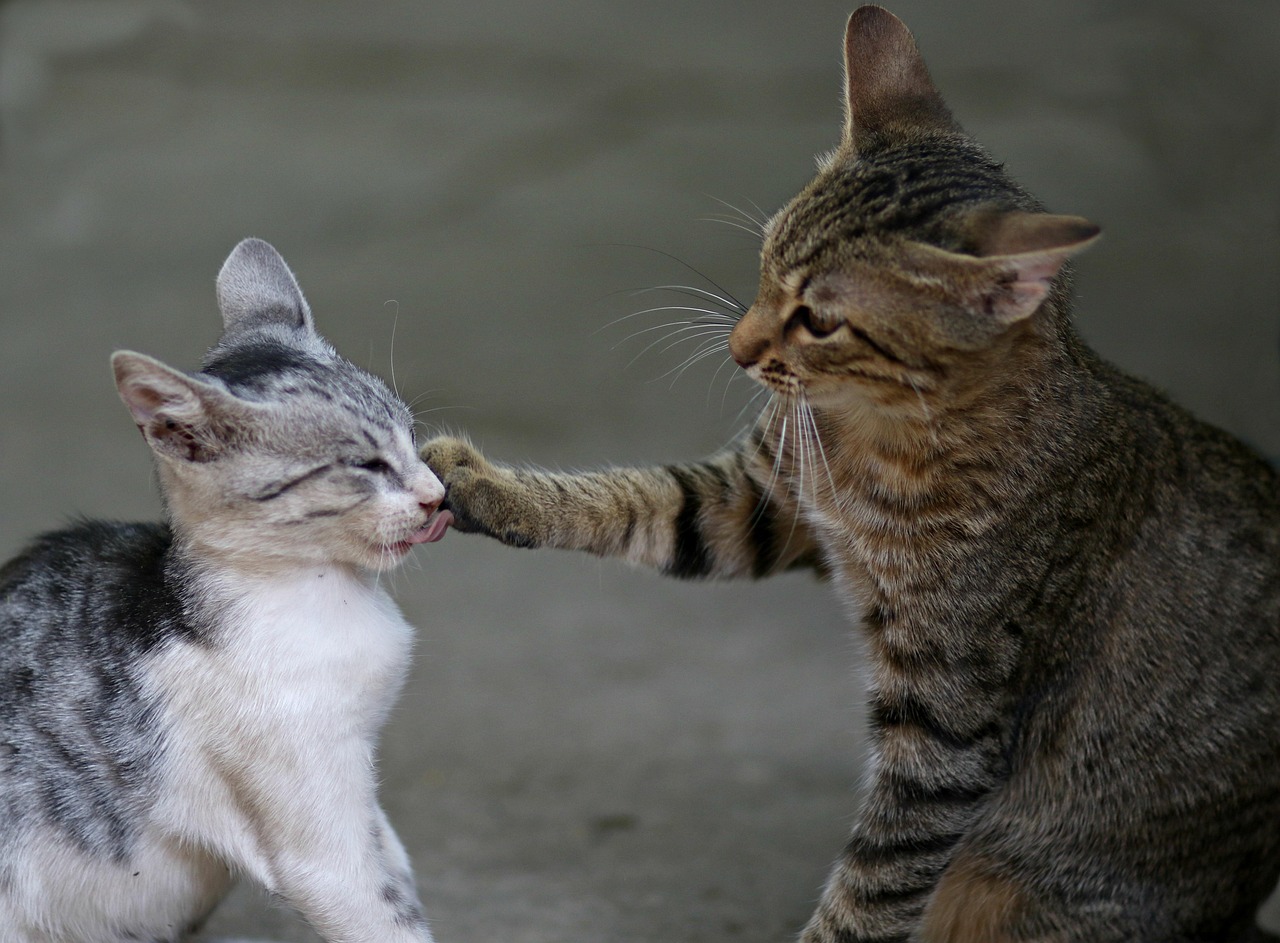
Adopting a second cat can seem like a perfect solution to feline loneliness. For some cats, a furry friend offers play, comfort, and company. But not all cats want a roommate—introductions must be done carefully. If your cat is very territorial, another pet could cause more stress. It’s important to consider your cat’s personality before making this big decision. Sometimes, the best company really is you.
Technology for Modern Cat Parents

Pet cameras and treat dispensers have changed the game for busy cat owners. With a quick swipe on your phone, you can check in on your cat, talk to them, or even toss a treat. Some cameras let you play laser games remotely, giving your cat a burst of excitement. These gadgets can’t replace real-time cuddles, but they do help bridge the gap when you’re apart. Technology makes it easier to stay connected, even from the office.
When to Worry: Spotting Serious Behavioral Changes

If your cat starts acting out—peeing outside the litter box, refusing to eat, or becoming aggressive—it’s time to take notice. These behaviors can be signs of deep distress or even illness. Sometimes, what looks like loneliness is actually a medical issue, so don’t hesitate to contact your vet. Early intervention can prevent small problems from becoming major ones. Always trust your instincts if something seems off.
Quality Over Quantity: Making Time Count
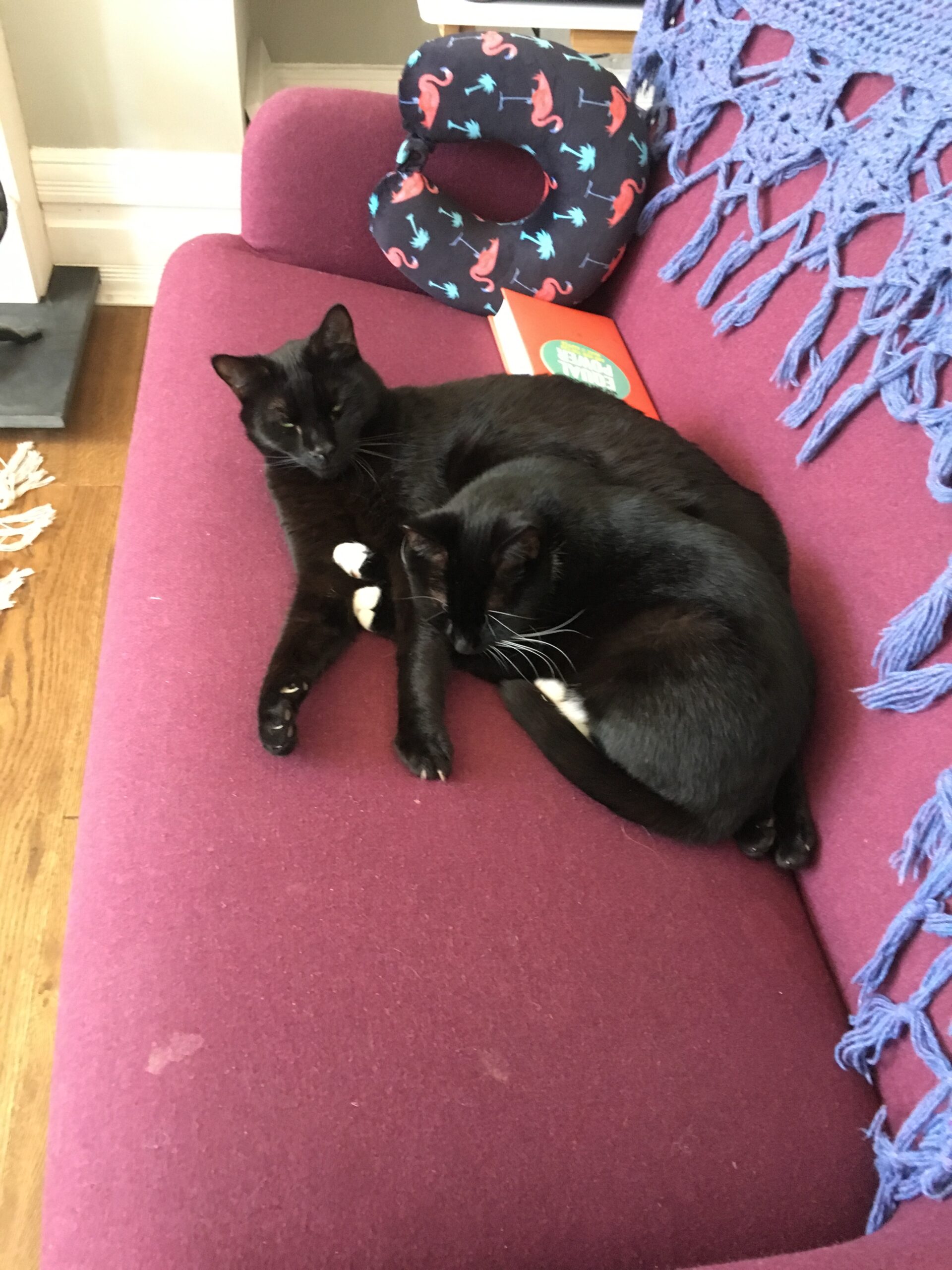
Being away more often doesn’t mean your relationship is doomed. Even short bursts of quality time—brushing, playing, or snuggling—can make a huge difference. It’s like catching up with an old friend over coffee; a little goes a long way. Prioritize connecting with your cat when you’re home, and make those moments count. Your cat will feel your love, even if you’re busier than before.
Signs Your Cat Is Adjusting Well

Not all cats struggle with change. Some adapt quickly and show no signs of distress. If your cat is eating, playing, and using the litter box as usual, they’re probably handling your new routine just fine. A relaxed posture, gentle purring, and regular grooming are all positive signs. Every cat is different, so celebrate the small victories when you see your cat thriving.
The Role of Routine in Feline Happiness

Even if your schedule changes, keeping some routines steady helps your cat feel secure. Feeding at the same times or keeping a predictable bedtime creates a sense of normalcy. Routines act as anchors in your cat’s day, offering comfort and structure. You might not be home as much, but a reliable schedule shows your cat they can still count on you.
Seeking Professional Help: When to Consult a Behaviorist
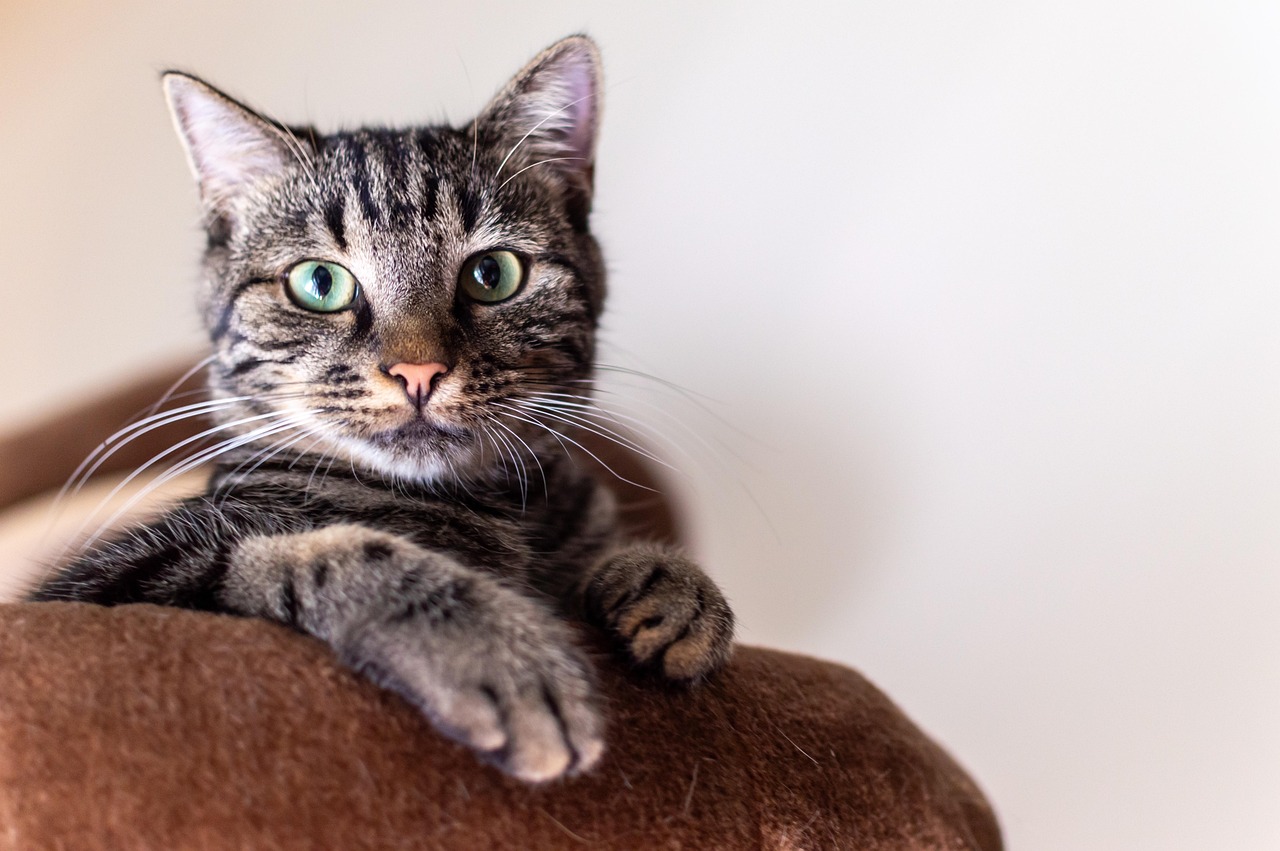
If your cat’s loneliness seems overwhelming, a professional can help. Feline behaviorists understand the complex emotions behind your cat’s actions. They can suggest tailored solutions, from enrichment ideas to training tips. Sometimes, an outside perspective is all it takes to turn things around. Don’t be afraid to ask for help—your cat’s happiness is worth it.
Your Cat’s Love Endures, Even When You’re Busy

No matter how much your schedule shifts, the bond you share with your cat is strong. Cats may miss you, but they’re also resilient, finding comfort in familiar routines and the love you provide. With a few thoughtful adjustments, you can help your cat feel secure and cherished, even if you aren’t home as often as before. Your cat’s heart is bigger than you think—together, you can weather any change.
Hi, I’m Bola, a passionate writer and creative strategist with a knack for crafting compelling content that educates, inspires, and connects. Over the years, I’ve honed my skills across various writing fields, including content creation, copywriting, online course development, and video scriptwriting.
When I’m not at my desk, you’ll find me exploring new ideas, reading books, or brainstorming creative ways to solve challenges. I believe that words have the power to transform, and I’m here to help you leverage that power for success.
Thanks for stopping by, Keep coming to this website to checkout new articles form me. You’d always love it!






